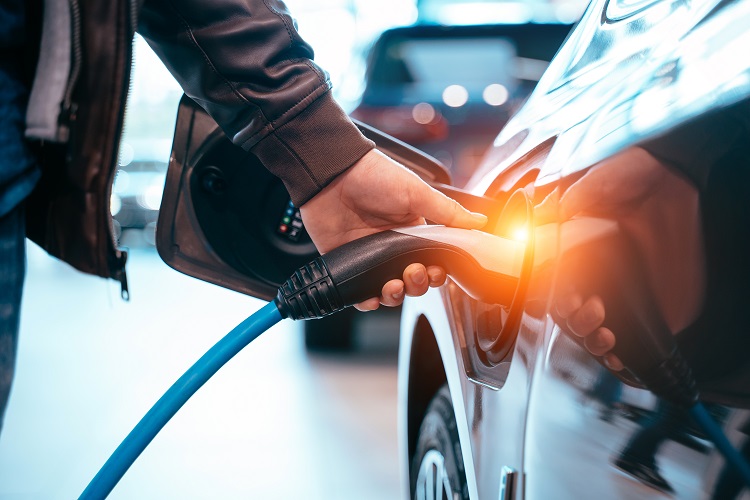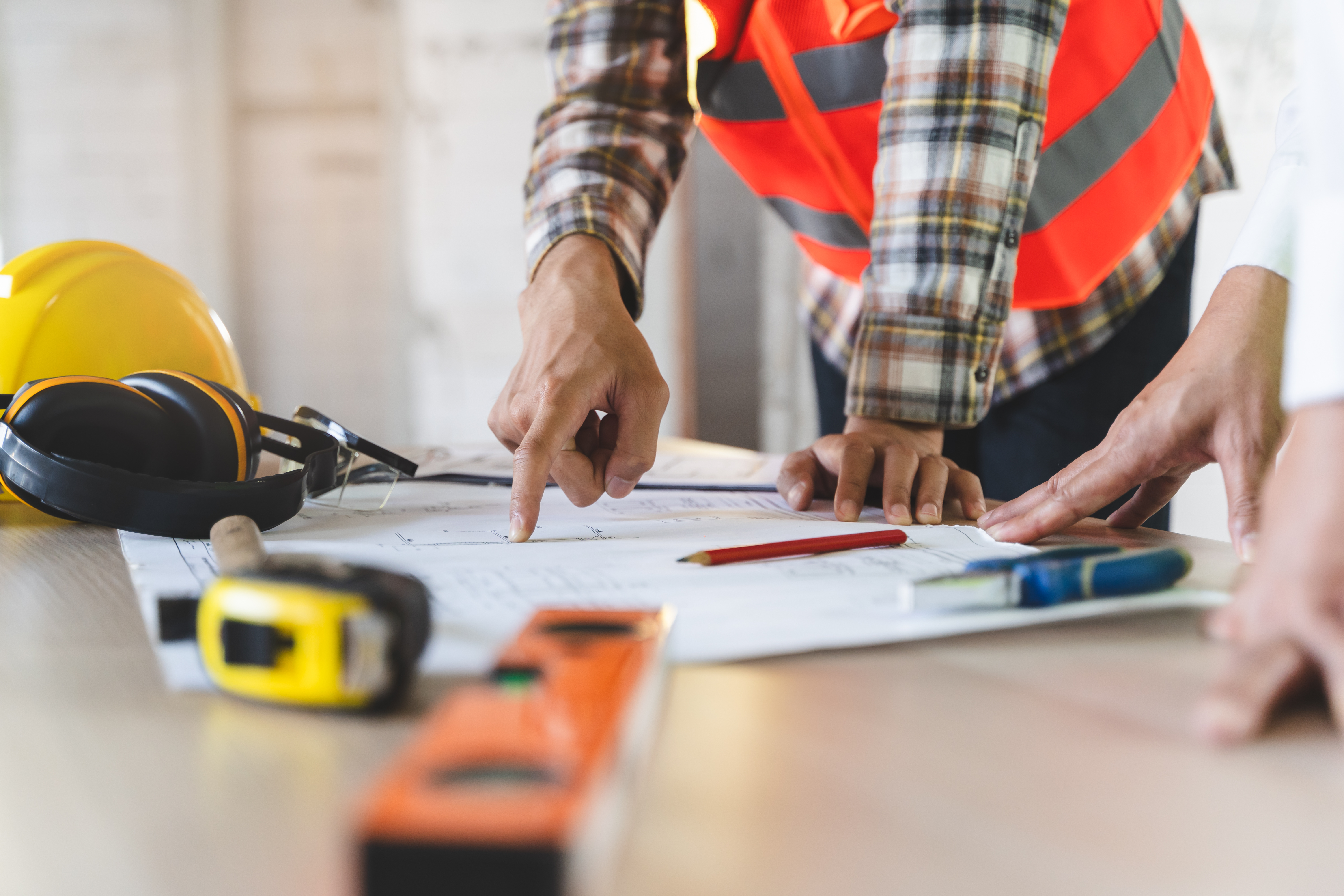The Future of Your Auto Repair Shop With Electric Vehicles

Many small and independent auto repair shops are experiencing training and resource barriers when it come to the latest trends in electric and hybrid vehicles. However, the future is electric vehicles. With more automakers making commitments to increase production of electric and hybrid vehicles, repair shops must be prepared to remain successful.
Today we have:
- Electric vehicles with over 400 miles of range
- 15-80% recharge in 20 minutes (restores 200+) miles of range
- Decent fast charging infrastructure
- Fastest production vehicle is now a 4-door sedan electric vehicle
- Every OEM working on battery and fast charging technology
Technology won’t prevent the shift to electric vehicles. However, resources might slow our progress. The charging time is going to decrease in coming years, making EVs more attractive to consumers. Cost is also decreasing—soon the price of a new EV will be no more than a gas vehicle.
The shift to EVs is not a matter of if, it’s a matter of when. If you have not started to prepare, you can look for signs in your area to know if the shift is beginning. Are you seeing more hybrids on the road? Are there EV charging stations popping up around town? Have any larger businesses in the area announced they will be changing their delivery fleets to EVs? These are all indicators that it might be time to develop your technicians' EV and hybrid maintenance skills. Try to capture the market before your competition and set your shop up for repeat business and loyal customers.
There are differences in maintenance to keep in mind when preparing your shop for the adoption of electric vehicles. Maintenance costs are usually lower for EVs because services like oil changes aren’t required. However, tires and shock absorbers would still require maintenance. You’ll also want to consider the size and scope of your shop when thinking about preparation. A larger operation may require more time and investment to prepare for EVs, while a smaller shop could implement more concentrated training faster. Consider beginning with an experienced tech, integrate classes into their regular hours, and have that tech function as an in-house expert who can help train other techs in EV-specific repairs.
There are several areas EV training classes will focus on to prepare techs, including safety to properly work with the voltage involved, tooling, and technology. Due to increased demand and the pandemic, there are more opportunities to obtain training online, avoiding travel costs that might have been previously required.
You might have a head start on the competition if your shop is already investing in the latest tech tools. If your shop has not started to adopt the latest technologies and doesn’t have any EV or hybrid vehicle training, make sure you’re keeping a pulse on the local area so you can properly prepare and capitalize on the future of electric vehicles.
An insurance company that cares about you and insuring the things you wish to be insured.
Get a Quote> Find an Agent>

